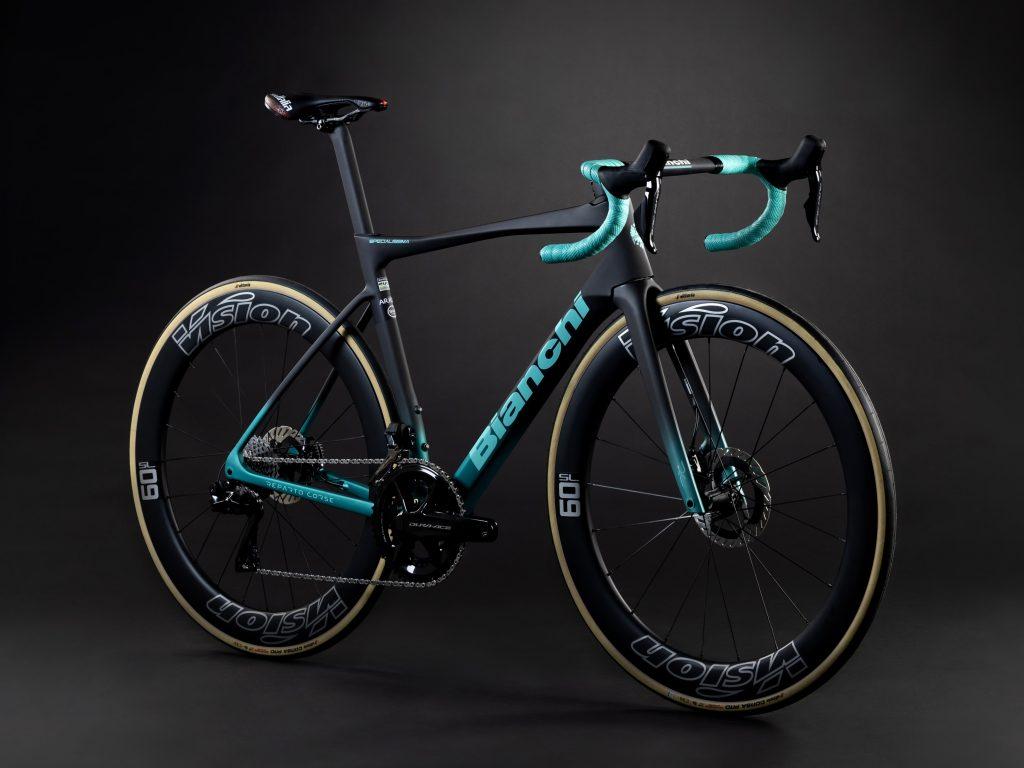In a dramatic turn of events, the ArkĂ©a-B&B Hotels cycling team has officially announced the end of its ambitions to extend its presence in the professional peloton through 2026. After months of negotiations and uncertainty, team management has conceded that efforts to secure a viable path forward have fallen short. With key sponsorships tenuous and resources dwindling, team leaders have stated, “I don’t have anything,” underscoring the stark reality facing the squad that has aimed to bolster its competitive edge in the cycling world. This announcement not only marks a significant shift for the riders and staff but also highlights the broader challenges confronting the sport as teams grapple with sponsorship instability and financial pressures. As the cycling community processes this setback, attention will turn to the immediate future of its athletes and the implications of this collapse on the competitive landscape.
Arkéa-B&B Hotels Faces Uncertain Future Following Failed 2026 Bid
ArkĂ©a-B&B Hotels is now grappling with an uncertain future after its ambitious plan to secure a spot in the 2026 cycling season fell through. Sources indicate that the team management has been unable to secure the necessary funding and sponsorship commitments, causing significant concern among riders and staff. With many athletes unsure about their next moves, the atmosphere within the organization is reportedly tense. A lack of viable options and resources has led to the grim declaration from the team’s leadership: “I don’t have anything.” The collapse of this bid casts doubt on the team’s stability and long-term sustainability within the highly competitive world of cycling.
The disbandment raises critical questions about the future of the squad and its athletes. Many of the current team members are left reflecting on their own prospects, fearing the loss of competitive opportunities. Potential impacts include:
- Team Dissolution: Uncertainty surrounds whether the team will dissolve entirely or look for new partnerships.
- Contractual Dilemmas: Riders face potential voids in contracts, leaving them vulnerable in the market.
- Sponsor Relations: The fallout could shake confidence among existing and prospective sponsors, affecting future agreements.
| Key Stakeholders | Concerns |
|---|---|
| Team Leadership | Funding and sponsorship challenges |
| Riders | Job security and competitive opportunities |
| Sponsors | Confidence in stability and future prospects |
Financial Constraints and Strategic Missteps Lead to Team Disbandment
The cycling world has been rocked by the disbandment of ArkĂ©a-B&B Hotels, a team that once harbored aspirations of competing at the highest levels through 2026. The financial landscape for the squad has become increasingly precarious, compounded by the inability to secure vital sponsorships and investment. In recent months, it became glaringly clear that the team’s budget constraints made it impossible to sustain operations or invest in new talent. Key stakeholders voiced their frustrations, leading to a unanimous decision to cease all competitive activities.
Strategic missteps further contributed to their downfall, causing executives to reassess their plans amid mounting pressures. Critical decisions that once promised to steer the team towards success ultimately resulted in missed opportunities. The ramifications include:
- Loss of key riders: Several athletes have begun seeking new teams, further destabilizing morale.
- Failed sponsorship negotiations: Potential sponsors expressed hesitance due to the team’s uncertain future.
- Operational inefficiencies: Mismanagement of resources led to inflated costs, putting additional strain on finances.
The team’s inability to adapt in a rapidly changing cycling ecosystem has raised questions about future investments in the sport, leaving fans and stakeholders wondering about the long-term viability of smaller teams in professional cycling.
Recommendations for Building a Sustainable Cycling Team Model
In the wake of ArkĂ©a-B&B Hotels’ recent struggles, the cycling community can glean valuable lessons on fostering a sustainable team model moving forward. Diversification of funding sources is paramount; teams should not rely solely on sponsorships from a few large entities. Exploring options such as crowdfunding, merchandise sales, and local business partnerships can create a more balanced financial foundation. Furthermore, investing in grassroots programs can bolster fan engagement and community support, ensuring that teams stay connected to their roots while also bringing in new supporters.
Additionally, flexibility and adaptability should be embedded in team management practices. As seen in this case, a changing market landscape demands that teams are responsive to shifts in the financial environment. Embracing technology and data analytics can help teams make informed decisions swiftly, adjusting strategies for better sustainability. Teams could also benefit from creating a transparent communication channel with their stakeholders-sponsorship renewal processes should involve open dialogues about expectations and deliverables to minimize misunderstandings, generating a more resilient partnership approach.
In Retrospect
In conclusion, the collapse of ArkĂ©a-B&B Hotels’ bid to secure a place in the cycling circuit through 2026 marks a significant turning point for the team. Despite their efforts to secure funding and support, the bleak declarations from team leaders reflect the harsh realities facing many within the cycling community. As the organization prepares for an uncertain future, the implications of this setback extend beyond the team, highlighting the broader challenges within professional cycling. As the sport evolves, the fate of ArkĂ©a-B&B Hotels serves as a reminder of the competitive and often unforgiving nature of elite cycling. As fans and analysts alike watch closely, the question remains: what will be the next chapter for the team and its dedicated riders?











